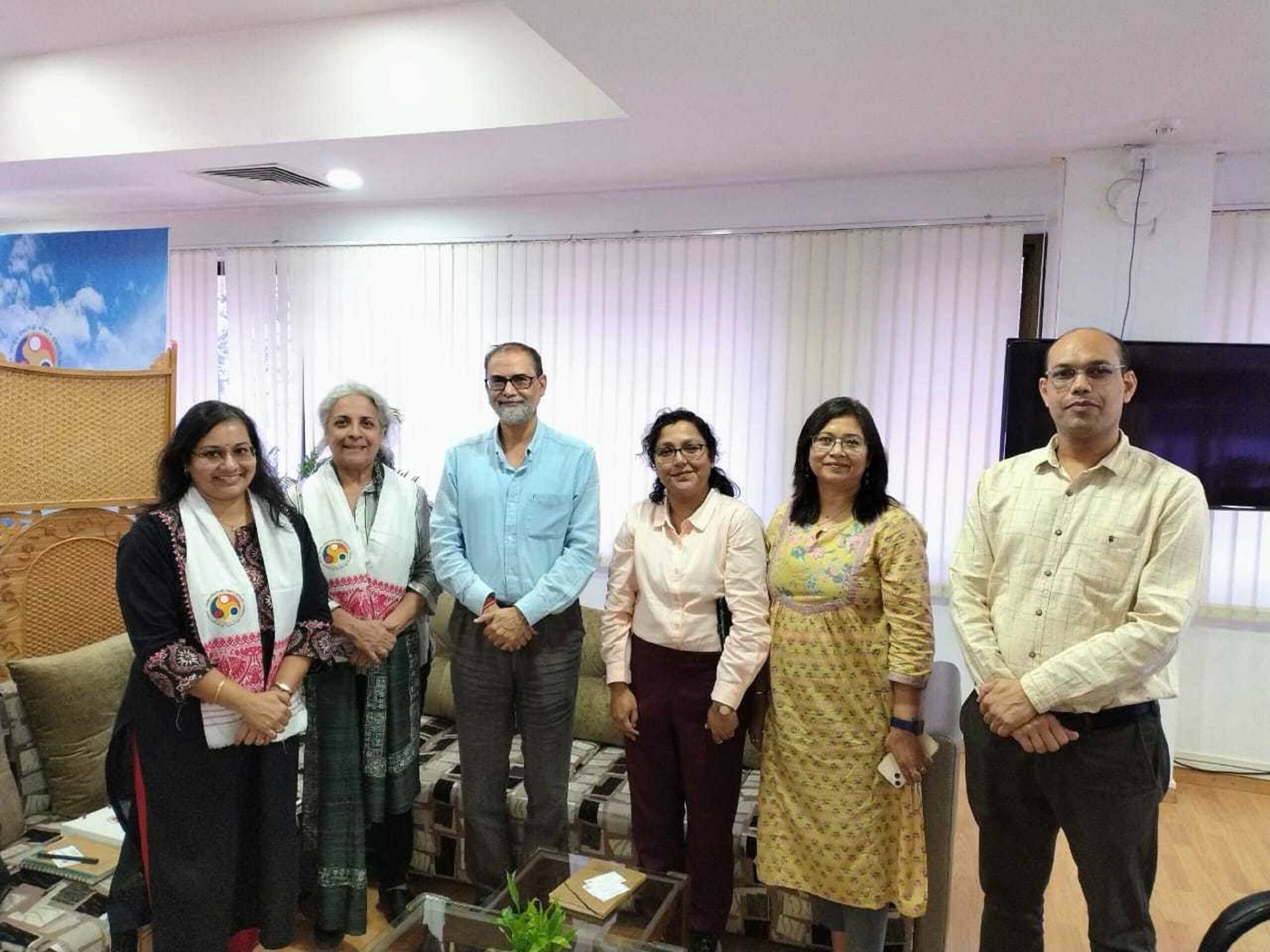US-India Academic Collaborations Gain Momentum as IIT Guwahati Hosts Embassy Science Fellow

Indian Institute of Technology Guwahati announced significant progress in its academic partnerships with the US on November 12, 2024, when it welcomed Dr. Sharmistha Bagchi-Sen, a distinguished expert in cyberinfrastructure and Program Director at the US National Science Foundation (NSF). This marked an important milestone in fostering collaboration between East and Northeast India, and the US.
Dr. Bagchi-Sen shared her vision for strengthening ties between American and Indian academic institutions, emphasizing the potential for mutual knowledge-sharing and innovation in emerging fields like artificial intelligence. The visit also enabled participants to explore opportunities for student exchange initiatives, co-teaching programs, joint degrees, research projects, and sustainable collaborations that could enhance global competitiveness.
The event attracted high-profile representatives from IIT Guwahati's faculty and administrative teams, showcasing the institution's commitment to expanding its international partnerships. Prof. Sumana Dutta, Dean Alumni and External Relations at IIT Guwahati emphasized her enthusiasm for developing academic programs in concert with top US universities, emphasizing each partner's unique strengths and expertise.
The collaboration seeks to fortify ties between Indian and US scientific entities, bringing together cutting-edge knowledge from both nations to drive mutual benefits. With partnerships poised to launch a new era of global research excellence and talent-exchange possibilities, the people at IIT Guwahati firmly believe this partnership will bring forth groundbreaking innovation in the years ahead.
Key Takeaways:
- Collaboration with US academia is now gaining momentum through enhanced ties between Indian and US institutions.
- A science cooperation project aims to foster deeper partnerships among educational and research establishments across both countries, particularly in areas of emerging disciplines.
- Initiatives focusing on technology advancement, knowledge sharing, joint programs and mutual exchange among students would have major effects.
